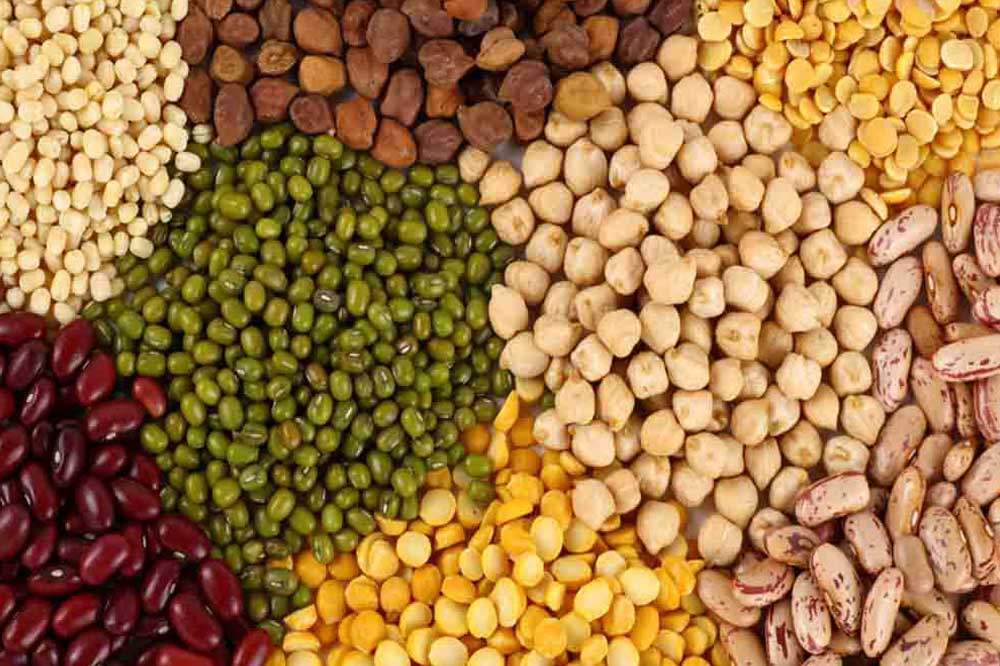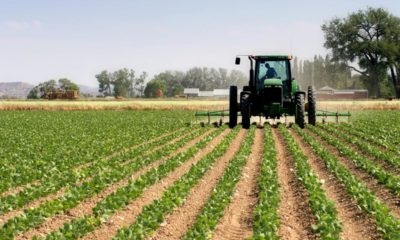- ‘Africa Needs Double Seed Production to Feed Population’
Africa needs to double its seed production to feed the entire population by 2050, OCP Africa said in a study by a global research and advisory company, Oxford Business Group.
In the study, titled ‘Agriculture in Africa 2019,’ the group drew an analysis of the state of the sector and its medium-term development prospects.
The report featured a number of interviews including the Chief Executive Officer, OCP Africa, Karim Senhadji, who delivered the group’s vision and highlighted Africa’s agricultural potential and the steps needed to meet growing international demand.
He said, “We will have to double the production of seeds to feed the entire population by 2050. Given that production in most developed regions is already at optimal levels of performance, Africa is the only market able to meet this food need in the years to come.
“It is crucial for our continent to move from subsistence agriculture to competitive and commercial agriculture.”
The study is part of a collaboration agreement between OBG and OCP Group, a major player in the global fertiliser market.
While explaining the focus of the study, the Regional Editor for Africa at OBG, Souhir Mzali, said, “Better access for farmers to knowledge of their soils and crops remains one of the main challenges to be addressed in order to adapt fertiliser usage and integrate technologies to optimise agricultural yield.
“Moreover, there is also a need to bring further support to small-holder producers as well as an immediate need to develop agro-industry to enhance local processing and create added value.”
Mzali pointed out that 80 per cent of the African population worked in the agriculture sector and with the continent’s population expected to double by 2050, the main challenge for the coming years would be to provide adequate solutions to train the youth and meet the future needs of the sector.
She explained that the publication focused specifically on the sector’s economic potential, presenting the views of key players in the development of African agriculture as well as in-depth analyses on a variety of pertinent topics such as climate change and smart-farming.
The publication also highlighted the views of the President of the Alliance for a Green Revolution in Africa, Agnès Kalibata; the former Minister of Agriculture and Rural Development, Nigeria, Audu Ogbeh; and the Director, Coffee-Cocoa Council in Ivory Coast, Yves Brahima Koné.
In-depth analyses were also provided on topics related to agriculture such as farms of the future, uncultivated land, irrigation to meet self-sufficiency, climate change, deforestation and exports.

 Forex2 weeks ago
Forex2 weeks ago


 Naira2 weeks ago
Naira2 weeks ago
 Naira4 weeks ago
Naira4 weeks ago
 Company News4 weeks ago
Company News4 weeks ago
 Billionaire Watch1 week ago
Billionaire Watch1 week ago




 Naira2 weeks ago
Naira2 weeks ago




 Naira3 weeks ago
Naira3 weeks ago




 Naira1 week ago
Naira1 week ago


















